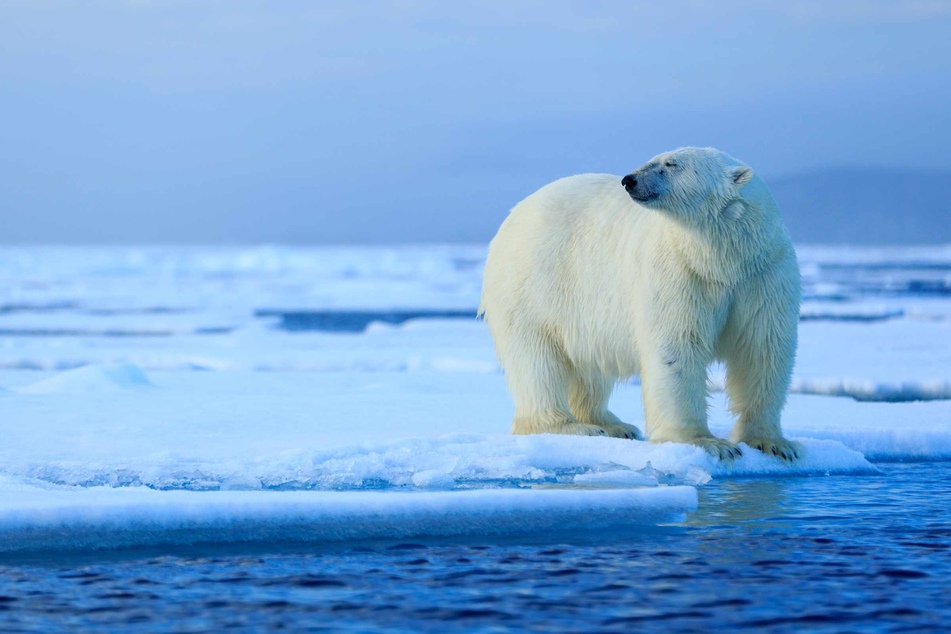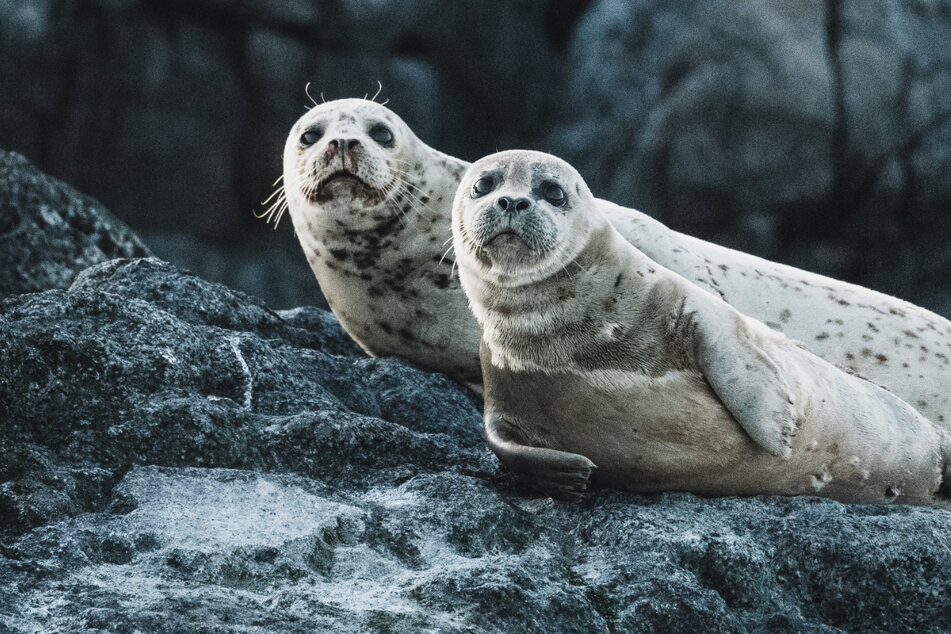Alaskan polar bear tragically dies in species-first disease contraction
Utqiagvik, Alaska - An Alaskan polar bear has reportedly become the first of its species to die of the avian flu. The virus, also known as HBN1, was first detected in the US in January 2022.

The bear was found dead in October near Utqiagvik, the state's northernmost community, according to the Alaska Department of Environmental Conservation.
The polar bear is believed to have contracted the virus by feeding on carcasses of dead birds with the disease, the State veterinarian Dr. Bob Gerlach told the Alaska Beacon.
This death is the first of its kind, according to Dr. Gerlach, who reported the case to the World Organization for Animal Health, per the Independent.
It's unclear if other polar bears in remote Arctic nations have died from avian flu, as testing animals in remote areas is difficult. That said, this case has attracted attention in other Arctic nations with polar bear populations.
Avian influenza is transmissible to mammals and humans

State veterinary officials examined the polar bear's remains on December 6 last year and confirmed that it had contracted the avian flu virus on the same day. According to the agency, other animals have also died from the disease, including red foxes and a brown bear.
Though the polar bear contracted the disease from infected bird carcasses, the large animals don't usually eat birds. Polar bears prefer to munch on seals.
That said, the virus may remain infected in the animals' environment in cold temperatures, per Dr. Gerlach.
The World Wildlife Fund currently classifies polar bears as vulnerable, meaning the big white bears are at a high risk of extinction. Around 22,000 to 31,000 polar bears live in the wilderness of Canada, Alaska, Russia, and Norway.
In 2022, the avian flu ripped through flocks of domestic poultry and wild birds and killed millions in the US. The same strain of the virus found in the US is currently spreading throughout Europe and Asia.
Alaska's state veterinarian's office advises domestic poultry owners to take steps to prevent contact between wild and domestic birds. They emphasize that the risk to humans from the current strain of bird flu is relatively low.
Cover photo: 123RF/ondrejprosicky

